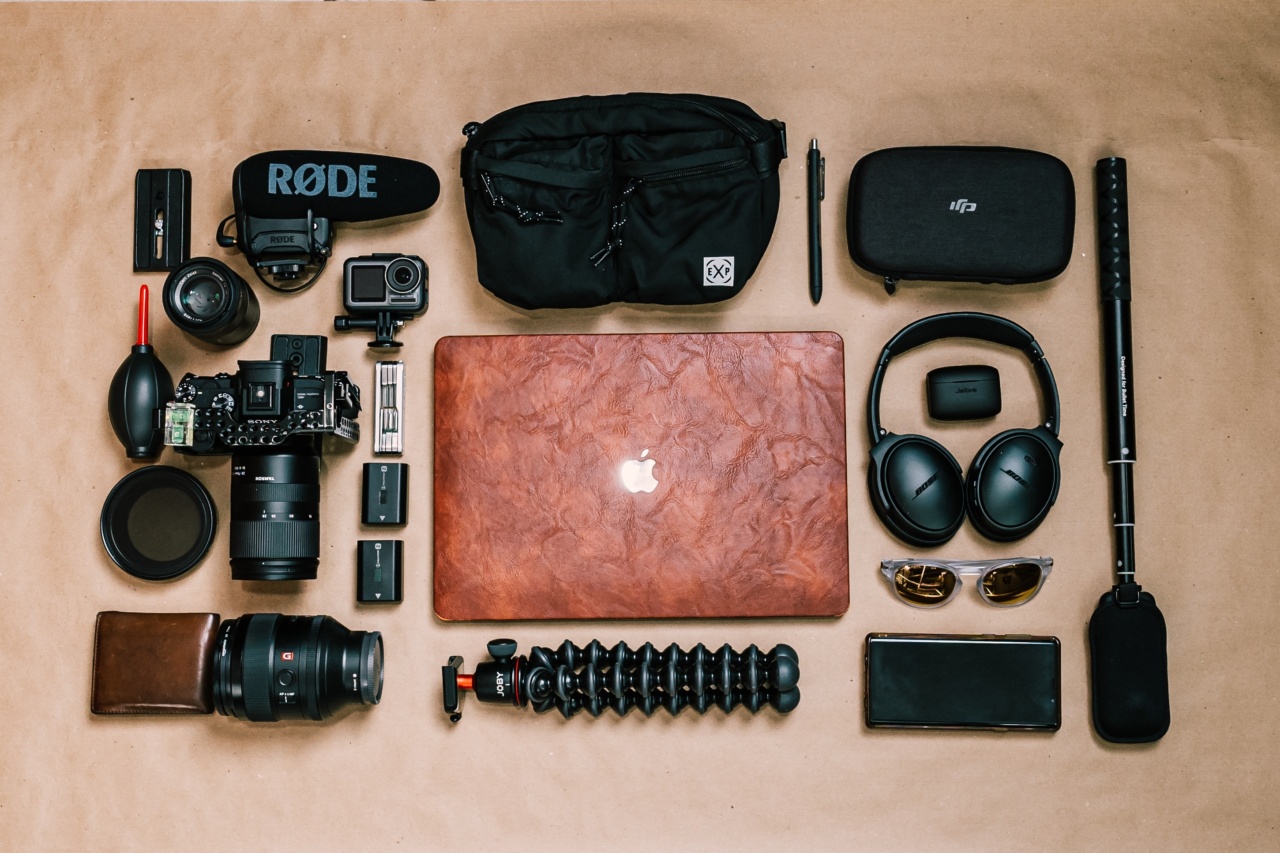The immune system plays a crucial role in protecting the body against diseases and infections. However, certain lifestyle factors and environmental conditions can sabotage the immune system, making it less effective in fighting off illnesses.
By adopting healthy habits and minimizing exposure to harmful substances, you can help strengthen your immune system and improve your overall health.
Eat a Balanced Diet
The foods you eat can have a significant impact on your immune system. A balanced diet rich in vitamins, minerals, and other nutrients can help boost immunity and reduce the risk of infections. Some of the best foods for the immune system include:.
- Citrus Fruits: These are rich sources of vitamin C, a powerful antioxidant that can help protect cells from damage caused by free radicals. Vitamin C also helps stimulate the production of white blood cells, which are crucial for fighting off infections.
- Broccoli: This cruciferous vegetable is packed with vitamins A, C, and E, as well as antioxidants and other immune-boosting nutrients.
- Garlic: This pungent herb has been used for centuries as a natural remedy for various ailments, including infections. Garlic contains compounds that can help stimulate the immune system and fight off harmful bacteria and viruses.
- Ginger: This spicy root is known for its anti-inflammatory properties, which can help reduce inflammation in the body and boost immune function.
- Yogurt: Probiotic-rich yogurt can help promote a healthy gut microbiome, which can in turn support immune function. Look for yogurts that contain live and active cultures for maximum benefits.
Other immune-boosting foods include leafy greens, nuts and seeds, mushrooms, and lean proteins like chicken and fish.
Get Enough Sleep
Sleep plays a critical role in keeping the immune system functioning properly. During sleep, the body produces cytokines, which are proteins that help fight off infections and inflammation.
Sleep deprivation can suppress the production of cytokines, making it harder for the body to fight off illnesses. Additionally, lack of sleep can weaken the immune system’s response to vaccines, reducing their effectiveness.
To get enough sleep, aim for at least 7-8 hours of quality sleep per night. Stick to a consistent sleep schedule, and create a relaxing bedtime routine to help you wind down before bed.
Avoid caffeine and electronic devices for at least an hour before bed, as they can interfere with sleep.
Exercise Regularly
Regular exercise is essential for overall health and can also help support immune function. Exercise helps boost circulation, allowing immune cells to move more freely throughout the body.
Additionally, exercise can reduce stress, which can weaken the immune system over time.
Aim for at least 150 minutes of moderate intensity exercise per week, and incorporate a variety of activities such as walking, jogging, swimming, or strength training.
Reduce Stress
Chronic stress can have a negative impact on the immune system, making it less effective at fighting off infections. When stressed, the body releases cortisol, a hormone that can suppress immune function.
Chronic stress can also disrupt sleep, which can further weaken the immune system.
To reduce stress, try relaxation techniques such as meditation, yoga, or deep breathing exercises. Make time for activities that you enjoy, such as reading, spending time with loved ones, or engaging in hobbies.
Avoid Smoking and Alcohol
Smoking and excessive alcohol consumption can both weaken the immune system, making it more susceptible to infections. Smoking can damage lung tissue, making it harder for the body to fight off respiratory infections.
Additionally, alcohol can disrupt the gut microbiome, which can in turn weaken the immune system.
If you smoke, consider quitting. Limit alcohol consumption to no more than one drink per day for women, and two drinks per day for men.
Practice Good Hygiene
Sometimes, the easiest way to avoid getting sick is to practice good hygiene. Washing your hands regularly, especially after being in public places or touching shared surfaces like doorknobs and shopping carts, can help reduce the risk of infections.
Additionally, avoid touching your face, especially your eyes, nose, and mouth, as these are common entry points for viruses and bacteria. Cover your nose and mouth with a tissue or your elbow when coughing or sneezing to prevent the spread of germs.
Avoid Toxins and Environmental Pollutants
Toxins and environmental pollutants can weaken the immune system over time. Exposure to pollutants such as smoke, chemicals, and pesticides can damage the immune system, making it less effective at fighting off infections.
Try to minimize exposure to these substances by using natural cleaning products, avoiding smoking and secondhand smoke, and choosing organic produce whenever possible.
Stay Up to Date on Immunizations
Immunizations are a safe and effective way to protect against infectious diseases. Vaccines work by triggering the immune system to produce antibodies, which can help fight off specific viruses and bacteria.
Stay up to date on recommended immunizations, such as the flu vaccine, to reduce the risk of getting sick. Talk to your healthcare provider to determine which immunizations are recommended for you based on your age, health status, and other factors.
Conclusion
By adopting healthy habits and avoiding immune system saboteurs, you can help keep your immune system functioning at its best.
Eat a balanced diet, get enough sleep, exercise regularly, reduce stress, avoid smoking and excessive alcohol consumption, practice good hygiene, and minimize exposure to toxins and environmental pollutants. Additionally, stay up to date on recommended immunizations to help reduce the risk of getting sick.































